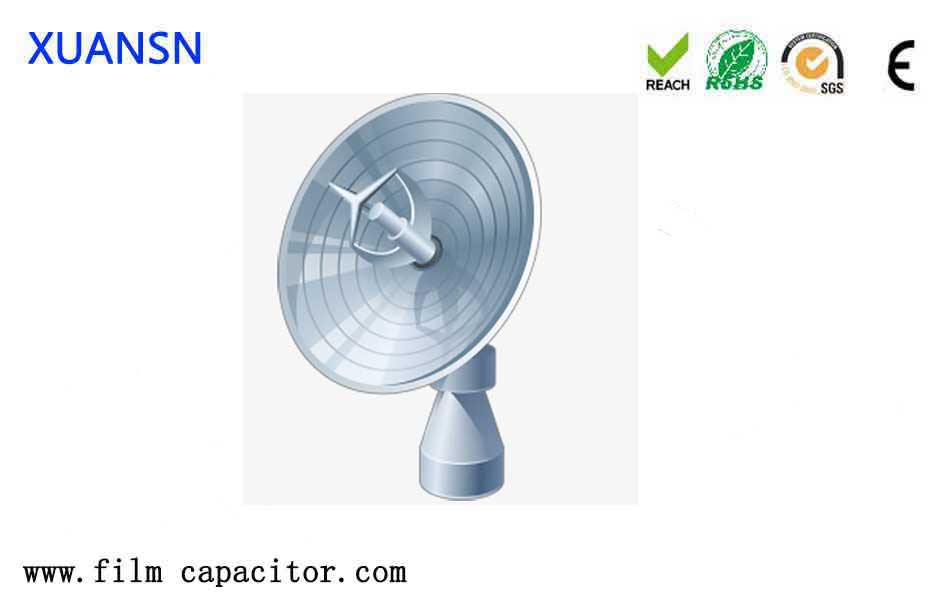Missing chip! Chip shortage! This domino is being transmitted in the global industrial chain. And every fall of a card causes a new chain reaction. A recent study by Goldman Sachs shows that there are as many as 169 industries in the world that are affected to a certain extent by the shortage of chips, from automobiles, steel products, concrete production to air-conditioning manufacturing, and even soap production.
A car needs hundreds or even thousands of chips, and the lack of one will make the whole car unable to produce. Recently, the global automotive industry has collectively fallen into a “stop production tide.” Ford, Suzuki, Volkswagen Americas, Toyota, Honda and many other well-known auto companies have announced plans to suspend their production lines.
Jose Muñoz, North American CEO of Hyundai Group: The shortage of chips affects everyone, and we are no exception.
“Chip shortage” makes corporate executives even more panicked. Some executives even went directly to the door of the chip manufacturer.
The “chip shortage” is not limited to the automotive industry. Today, the impact of the “chip shortage” has spread to all types of enterprises.
Liu Zongbao, general manager of an international network communications manufacturer: My order next month is estimated to be 80 million U.S. dollars. I now estimate that it is only about 70 million U.S. dollars. The difference of 10 million U.S. dollars may be due to the shortage of some chips.
The company where Liu Zongbao works is a large-scale network communications manufacturer, and his routers and other products are mainly sold to Europe, America, Asia-Pacific and other regions. Nowadays, due to the tight supply of chips, enterprise shipments are severely constrained.
Goldman Sachs’ latest research report pointed out that as many as 169 industries around the world have been hit by chip shortages to some extent, including steel products, concrete production, air-conditioning manufacturing, beer brewing, soap production and many other industries.
The global “core shortage” has intensified, and price increases are imperative. “Can’t buy” and “can’t afford” have become a common dilemma faced by many downstream companies.




